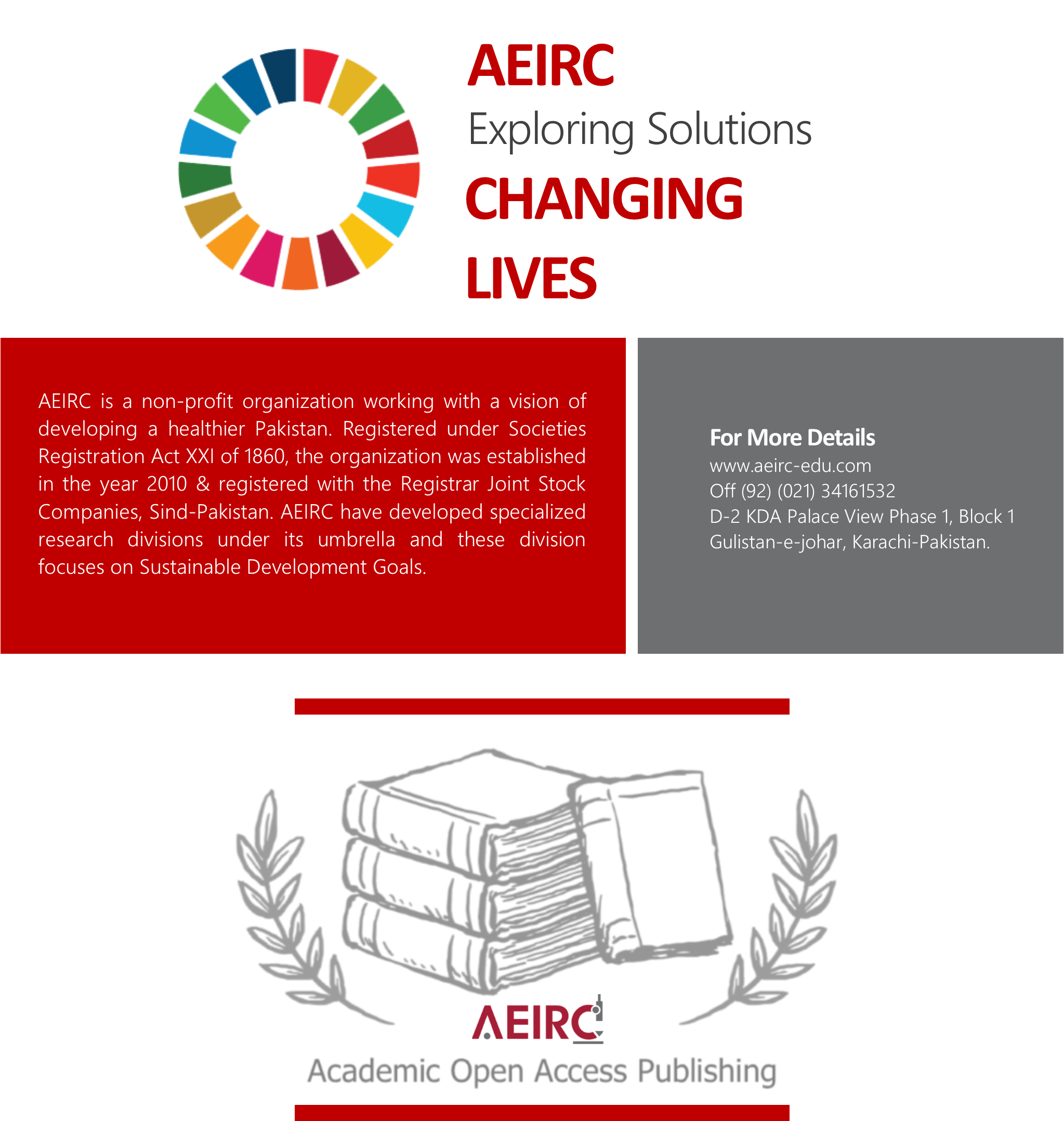Epigenetic Modifications lead towards Neurodegeneration
DOI:
https://doi.org/10.29052/JEHSR.v8.i2.2020.86-108Keywords:
Epigenetic modifications, Neurodegeneration, Neurodegenerative Diseases.Abstract
Background: The foremost factor involved in Neurodegeneration is the impact of epigenetic modifications; through its nature to epigenetically mark the neuron-associated genes, also, by affecting cognitive functions and damaging neurons that promote mutations. Due to these changes in the genes; neurodegenerative diseases are developed. This review will assess epigenetic modifications that switch “on” & “off” the genes associated with neurons that lead towards neurodegeneration in humans.
Methodology: This systematic review is based on Preferred Reporting Items for Systematic reviews and Meta-Analyses (PRISMA) guidelines to conduct a search strategy and for the preparation of the manuscript. A search engine (PubMed) was used and the article reference list was searched for relevant primary research articles. 100 out of 22278 studies dated from January/2000 to February/2019 met the inclusion criteria. Two quality assessments were piloted and included: (1) Authors evaluation and (2) Risk of bias.
Results: Quality of interventions provided was rated “good”, Risk of bias in studies was rated “fair” and the team of authors approved included papers. Furthermore, 13 out of 100 studies critical appraisal analysis demonstrated the relationship between epigenetic alterations and neurodegeneration and the rest of the studies described neuro-epigenetics, epigenetic remodeling and epigenetic mechanisms.
Conclusion: Exogenous influence like aviation stress or co-factors, such as nutrition and physical stress plays a major role in silencing the “gene switching” proteins of epigenetic marks and influences the onset and progression of neurodegeneration. Furthermore, intervention in epigenetics might help promote brain health.
Downloads
Published
How to Cite
Issue
Section
License
Copyright (c) 2020 The Author(s)

This work is licensed under a Creative Commons Attribution 4.0 International License.







